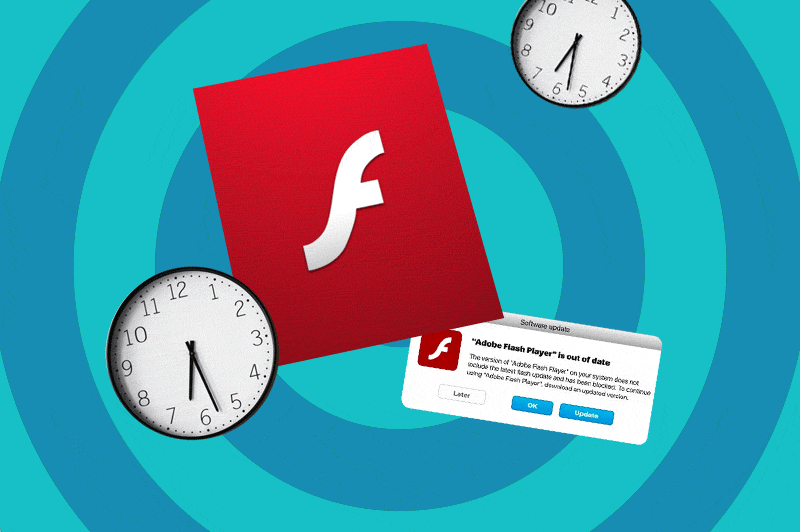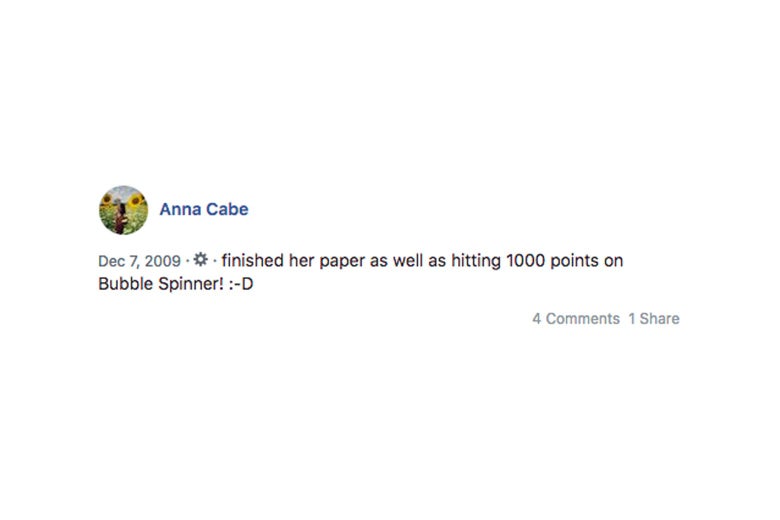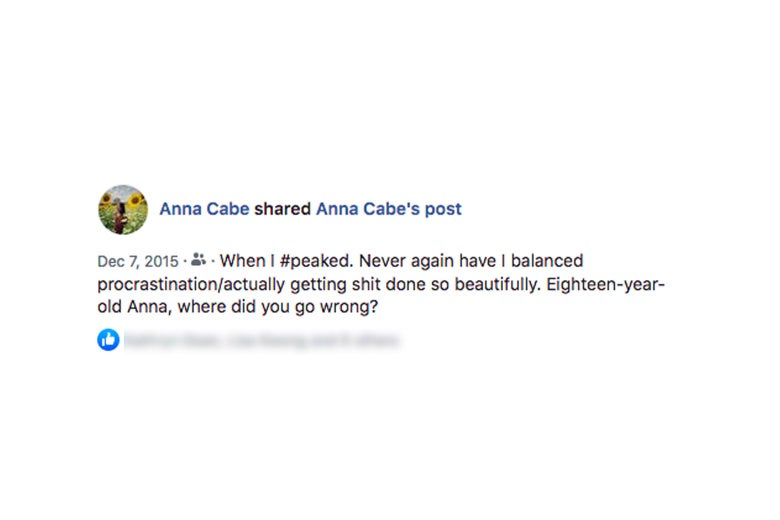
Rabbit Holes is a recurring series in which writers pay homage to the diversity and ingenuity of the ways we procrastinate now. To pitch your personal rabbit hole, email humaninterest@slate.com.
Earlier this year, pre-COVID-19, I was up late playing an escape game from one of my favorite creators, TomaTea. As with many escape games, the concept is simple: You’re trapped in a room or suite of rooms, and you must solve several puzzles to get out. What I particularly liked about TomaTea’s games was how uniformly pretty and soothing they were. They all have names like Tropicool or Ginger Joy. The colors are bright, the music tinkling. Even though my preference in terms of escape games is bite-size, games I can play in between tasks in about five to 10 minutes, TomaTea’s virtual escape rooms evoke the feeling of a lengthy vacation or holiday. Why would I ever want to leave? Sometimes, my one short escape game turned into several, my five minutes into an hour.
My brother caught sight of my laptop screen that evening and asked what I was playing.
“An escape game,” I said.
He replied, “Did you know Flash games are ending soon?”
“What?”
It’s true: Support for the Flash plug-in will cease at the end of this year, making good on Adobe’s 2016 announcement that the product would be phased out. Untold numbers of free games on the internet, the games we played on our web browsers in stolen minutes from work, studying, and other tasks we’re supposed to be doing, will eventually be unplayable. Steve Jobs, who famously refused to allow Flash on Apple mobile devices, will finally rest in total peace.
In the face of this coming extinction event, there are already organizations like Kongregate, the Strong Museum, and Flashpoint that are preserving thousands of games. At the very least, the most popular or influential games on the most popular platforms like Newgrounds and Armor Games will be saved, though there’s no guarantee many less popular games on less popular sites will be preserved.
But like the disappearance or increasing irrelevance of many other digital pillars of the 1990s and early 2000s—LiveJournal, fanfiction.net, Blogger—the end of the Flash plug-in spells the end of a particular era, a more freewheeling one. This was a time in which we could build terrible websites on Geocities, write worse fan fiction on LiveJournal, and, for the more programming-savvy among us, build games with often endearingly crude graphics on the Flash plug-in, software that is—or was—universal. True, many of these games probably don’t need to be saved. Their gameplay mechanics may be glitchy and unintuitive, or perhaps they’re blatant rip-offs of more popular games. Still, there was something beautiful about this early internet, where these things simply could exist because the developers thought, Why not?
I am not one of those tech people. My only real creative talent lies in words. But playing games, especially when I entered college during the Great Recession of the 2000s, became my, well, escape. Instead of trying to leave, though, I was trying to stay in these bright, tiny rooms as long as I could.
In college, I was for the first time among my peers, and, undiagnosed anxiety-ridden depressive 18-year-old that I was, I couldn’t rely on my prodigious memory to skate through English classes anymore. I received my first ever 80 on a paper, a tiny nightmare I couldn’t quite comprehend. An older student I looked up to—someone who, like many at my undergrad Agnes Scott College (affectionately dubbed “Agony Spot”), seemed unnervingly smart and accomplished—introduced me to Bubble Spinner one day, warning me, “It’s super-addicting.”
I quickly became addicted. It was a deceptive nothing of a game: You aim tiny bubbles at a rotating deck of rainbow-hued bubbles and try to match the color of the bubbles you’re shooting to a bubble on the deck. If you match, the bubbles pop. The goal is to remove as many bubbles as possible.
During my fall finals in 2009, I proudly posted this on Facebook:

Another student posted in response: “You are the perfect Agnes Scott student.” To this day, I’m not entirely sure what I’m prouder of, the paper or the Bubble Spinner score.
Flash games would come back into my life when I entered my second bout of schooling. Graduate school, more than anything before, totally unmoored my sense of self: my perception of my talent, my confidence in my capacity to be good, my own belief system. My untreated depression and anxiety, improved by a good group of friends and a sense of belonging in college and two sunny years in Indonesia where the people around me believed in a healthier life-balance, came roaring back to life in the pressure cooker that was graduate school in the snowy Midwest.
At one point, when Facebook helpfully reminded me of my hallowed twin victory at both Bubble Spinner and paper-writing, I had to respond:

Other circumstances led to, if not a mental breakdown, a realization I should use my health insurance and my two free therapy sessions at the campus counseling center. My own roommate, seeing me particularly down and practically vibrating with anxiety, said, “Look, why don’t you play some of those games of yours?”
Because of course I had started playing games again. I knew my roommate could hear the music and popping sound effects from the other room. When my first short story wasn’t landing in workshop, when I felt isolated from other people, I found myself seeking solace online. The usual distractions, reading articles and fan fiction, weren’t cutting it. YouTube wasn’t cutting it.
But Flash escape games, point-and-click adventure games, were perfect. I went through so many varieties: PastelGames, Vitamin Hana, Primera, Bart Bonte, Funkyland, Carmel Games. I escaped Baba Yaga’s house. I prevented myself from escaping an isolated hut when I transformed into a werewolf. I found my way out of art studios, nail salons, bathhouses, tea shops, and patisseries. Compared with modern games that demand hard-earned cash for “boosts” and constantly add new levels to keep players engrossed, these games only demanded a modicum of brainpower—just enough so I wasn’t bored, wasn’t thinking about all the ways I was failing or unhappy, while offering nothing in terms of emotional disturbance, stress, fear, beyond the simple anxiety of trying to solve a puzzle.
Eventually, the weather improved, as did my mood, thanks to therapy and a Zoloft prescription. I found my writing rhythm and a group of friends I felt comfortable with. I began to work for my program’s literary magazine and joined graduate service committees. I found my community, and with that, beyond the usual spot of boredom between writing and socializing, I didn’t feel the need to spend hours anymore in those digital worlds.
So when my brother told me that the Flash plug-in was on the way out, I felt something give way. Something I had heretofore relied on through my dark days and always, without really knowing it, thought would stay there.
I know that Flash Player is a notoriously unstable security risk, and it’s probably for the best that it is retired. But life in the real world is also notoriously unstable and full of risk—especially now, in the midst of an uncertain economy made worse by the pandemic. Though I am lucky to have supportive family and access to health care, I still struggle with my depression and anxiety. I don’t have a surefire five-year plan, at the end of which is a home of my own, with real pets and real furniture and a mortgage I can comfortably pay each month. How can I, when I work two jobs and freelance to scrape by, when I can’t seem to find a full-time job with benefits?
So when the new archives of these games open, you bet I’ll be there, taking a little holiday from reality, from my own anxiety-ridden brain, in these colorful, comforting, locked rooms—these holdovers from a more optimistic, footloose internet, rooms I want to be trapped in, if only for five minutes.
"Flash" - Google News
December 05, 2020 at 01:21AM
https://ift.tt/33Kq8GU
Feel Better in a Flash - Slate
"Flash" - Google News
https://ift.tt/39L7UpV
Shoes Man Tutorial
Pos News Update
Meme Update
Korean Entertainment News
Japan News Update
Bagikan Berita Ini














0 Response to "Feel Better in a Flash - Slate"
Post a Comment